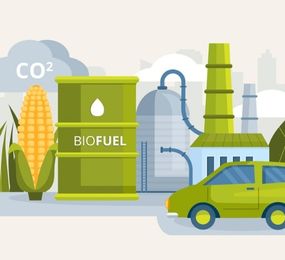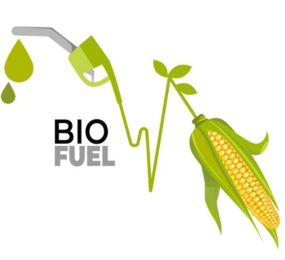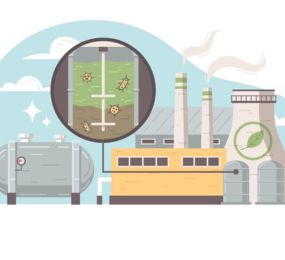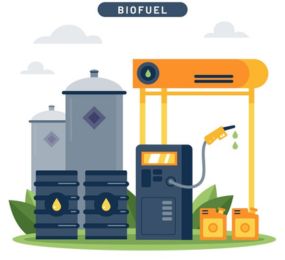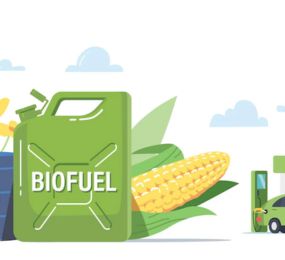The Carbon Footprint of Advanced Biofuels: A Critical Analysis
Advanced biofuels, derived from renewable sources like algae, agricultural waste, and cellulosic biomass, have emerged as a promising solution to reduce greenhouse gas emissions from the transportation sector. However, a critical analysis of their carbon footprint reveals a complex picture.
While advanced biofuels can significantly reduce greenhouse gas emissions compared to traditional fossil fuels, their life cycle assessment (LCA) indicates that their carbon footprint is not always as low as initially anticipated. Factors such as land use change, fertilizer use, and energy-intensive production processes can contribute to carbon emissions throughout the biofuel supply chain. Moreover, the sustainability of feedstock sources and the potential for indirect land use change (ILUC) must be carefully considered.
To minimize the carbon footprint of advanced biofuels, it is crucial to optimize production processes, improve feedstock efficiency, and implement sustainable land management practices. Additionally, policies and incentives can play a vital role in promoting the development and adoption of low-carbon biofuels. By addressing these challenges, advanced biofuels can contribute to a more sustainable and low-carbon future.
Visit our website to know more: https://www.leadventgrp.com/events/world-sustainable-aviation-fuel-forum/details
For more information and group participation, contact us: [email protected]
Leadvent Group - Industry Leading Events for Business Leaders!
www.leadventgrp.com| [email protected]



